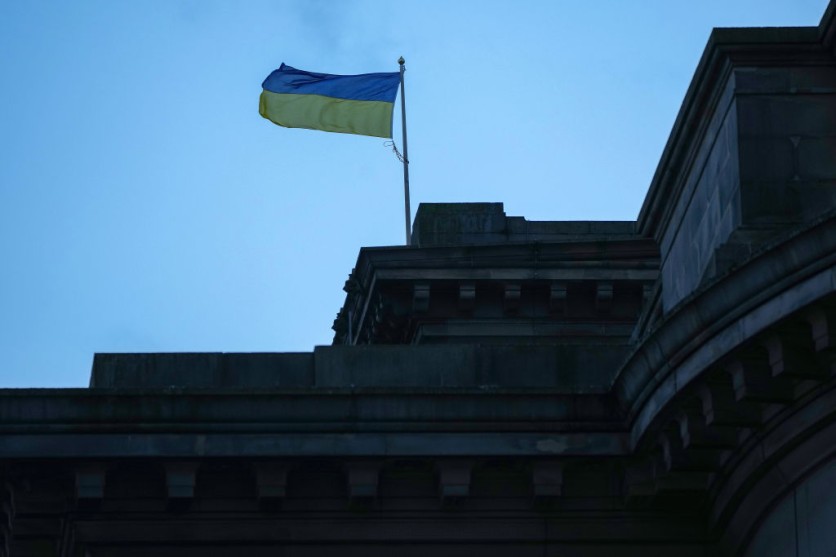Amid Russia's hostile action towards Ukraine, the latter's central bank will implement some limitations for users who rely on digital money transfers.
The main financial institution in the country will be suspending e-cash transactions as part of its country-wide martial law.
National Bank of Ukraine to Suspend E-Money Transfers

According to the latest report by CNBC, the central bank of Ukraine issued a suspension for e-money issuers. This also covers transactions that use electronic wallets.
Speaking of e-money, the order might be describing fiat currencies that usually take place in PayPal and other digital platforms. The announcement came after Ukraine imposed new rules amid its fight with Russia.
On Thursday, Feb. 24, the National Bank unveiled a set of resolutions regarding this matter. According to the released statement, the order will be suspending the ability of the foreign exchange market to carry out its operations.
As such, cash withdrawals will be limited, as well as the retail bank accounts relying on foreign currencies.
Ukrainians Prefer Using Cryptocurrencies
In a similar report from CNBC, it appears that Ukrainians are gradually turning to cryptos amid the ground and air attacks in the country.
For instance, Ukraine-based cryptocurrency exchange Kuna is requiring domestic investors to pay a stable coin premium for the USDT.
"We don't trust the government. We don't trust the banking system. We don't trust the local currency. The majority of people have nothing else to choose apart from crypto," Kuna founder Michael Chobanian told Coindesk.
Somehow, the geopolitical struggle did not only hit the prices of the commodities in the country. Even the top digital coins in the crypto space such as BTC and ETH were affected by the clash.
In another report from Fortune, the price of Bitcoin dropped to 8% just hours after Russia declared its invasion of Ukraine. At that time, it tanked $34,413 per coin, according to Fortune.
Meanwhile, Ether declined to $2,404 per unit or a 7% decrease in its value. Even Solana did not escape the aftermath of the war as it tanked 10% to $83 while the Shiba Inu meme coin plunged to 10%.
In other news, Tech Times reported on Wednesday, Feb. 23 that Germany blocked the Nord Stream 2 pipeline which runs from Russia to other European countries. It was believed that this occurred because of the ongoing tension in Ukraine.
Elsewhere, Russia's Sandworm hackers showed no signs of stopping and compromising Ukraine following a report that the group built a "Cyclops Blink" firewall which will threaten the latter's cybersecurity infrastructure.
Cybersecurity agencies from the United States and the United Kingdom traced the firewalls that hackers hid. The malware has been on close watch since 2019, according to the article.
With that, authorities imposed a high alert to mitigate the potential attacks coming from the notorious Russian hackers.
This article is owned by Tech Times
Written by Joseph Henry
ⓒ 2025 TECHTIMES.com All rights reserved. Do not reproduce without permission.




